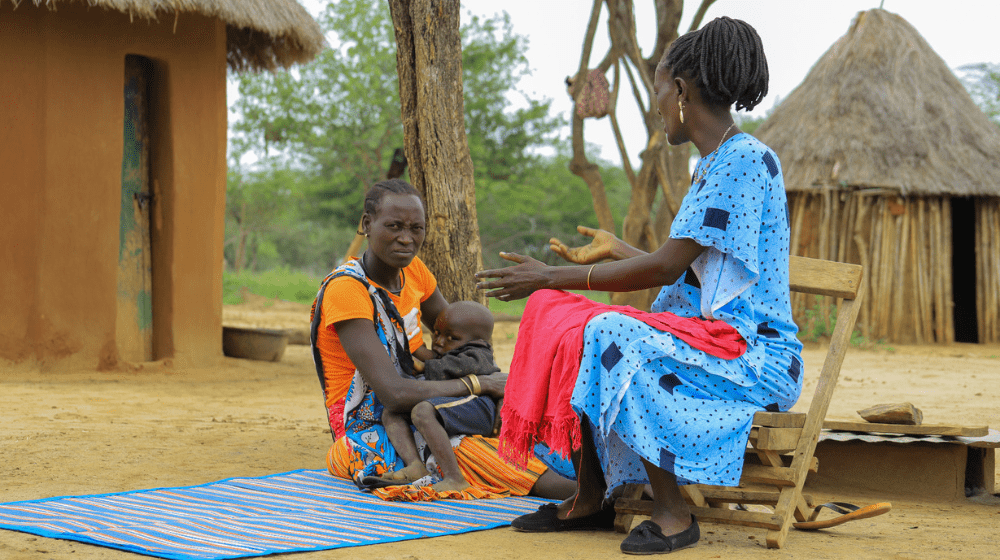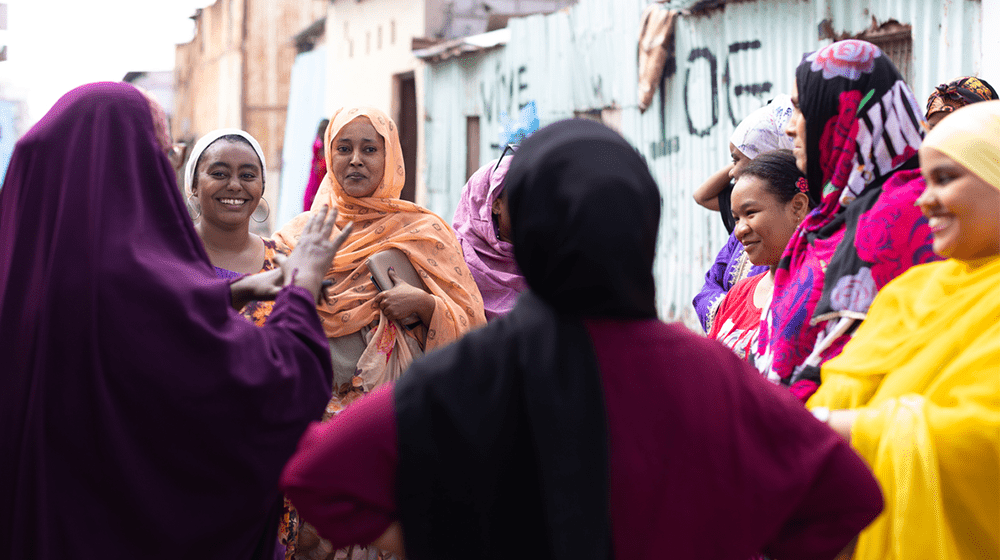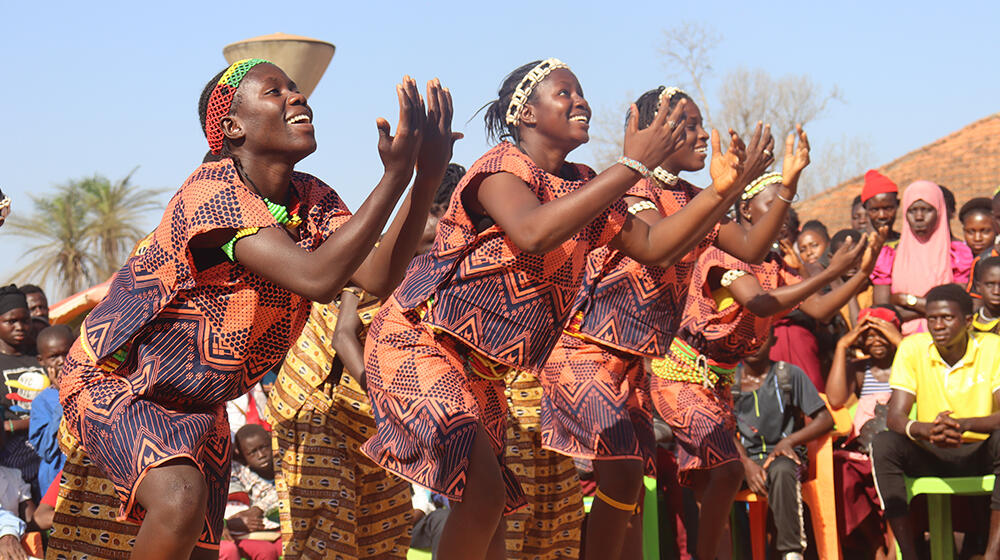-

An estimated 200 million women and girls alive today have undergone female genital mutilation (FGM), a practice that can cause chronic pain, infections, childbirth complications or even death. © UNFPA Egypt/Sima Diab
-

UNFPA and UNICEF lead a global programme dedicated to ending the practice. “The amount of suffering we go through as women who had FGM is huge,” said Hoda Hamed, who works with the programme in Egypt. © UNFPA Egypt/Sima Diab
-
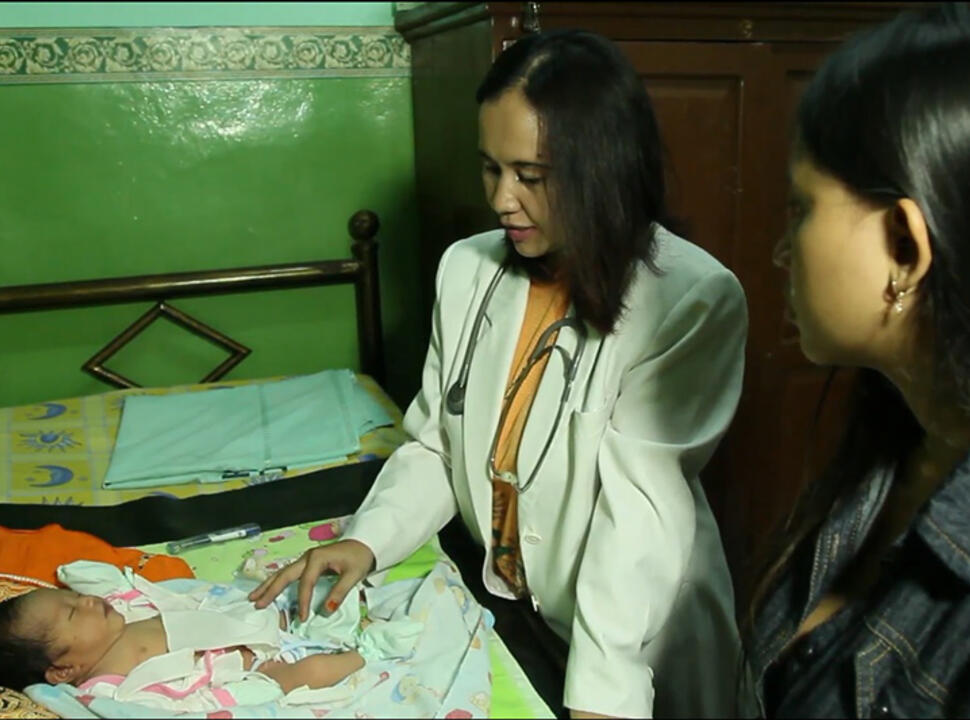
Although there is no medical justification for FGM, about 1 in 5 girls who undergo it have the procedure performed by a trained medical professional. In Indonesia, a midwife explains that FGM is not recommended. Screenshot from the 2015 film Sunat Perem
-
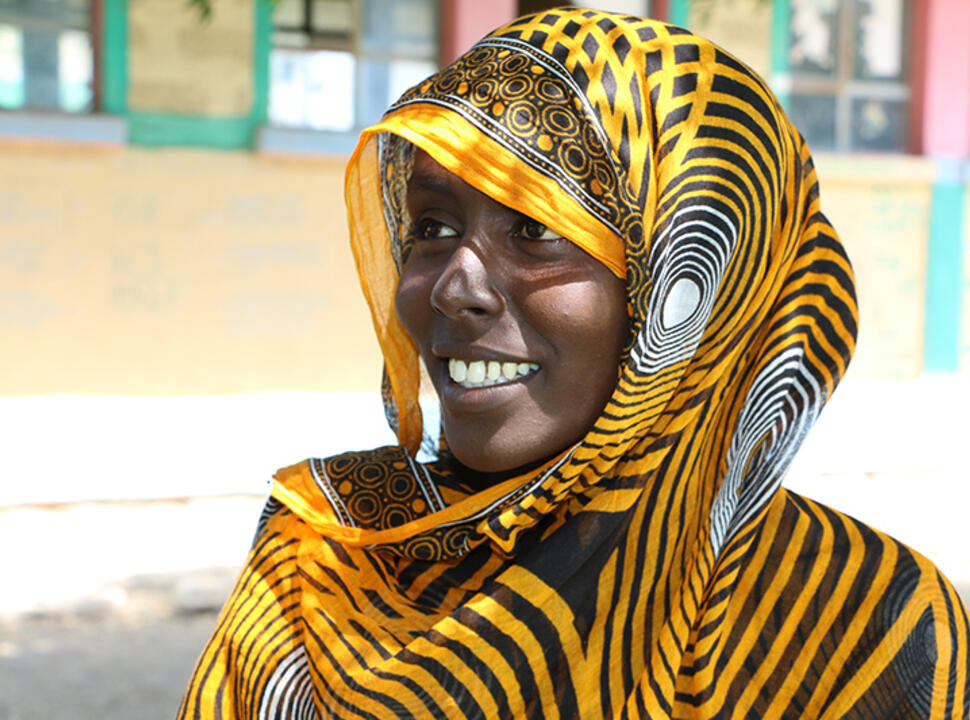
Survivors of FGM can be powerful advocates for change. Fatuma Ahmed, in Ethiopia, was subjected to FGM as an infant. “I will continue to teach my community to spare their daughters this ordeal,” she said. © UNFPA/Abraham Gelaw
-

The media is also raising awareness of the dangers of FGM. Kenyan journalist Diana Kendi (left) won the 2016 Efua Dorkenoo Pan Africa Award for Reportage on FGM. The award was presented by Dolapo Osinbajo, wife of Nigeria's vice president. © UNFPA Nigeria
-

Such efforts are working. “We as women can't mistreat our children, our girls,” said Marinela Panchi Cortes, a member of the Emberá indigenous group in Colombia. FGM persists among certain Emberá communities. © UNFPA/Daniel Baldotto
-
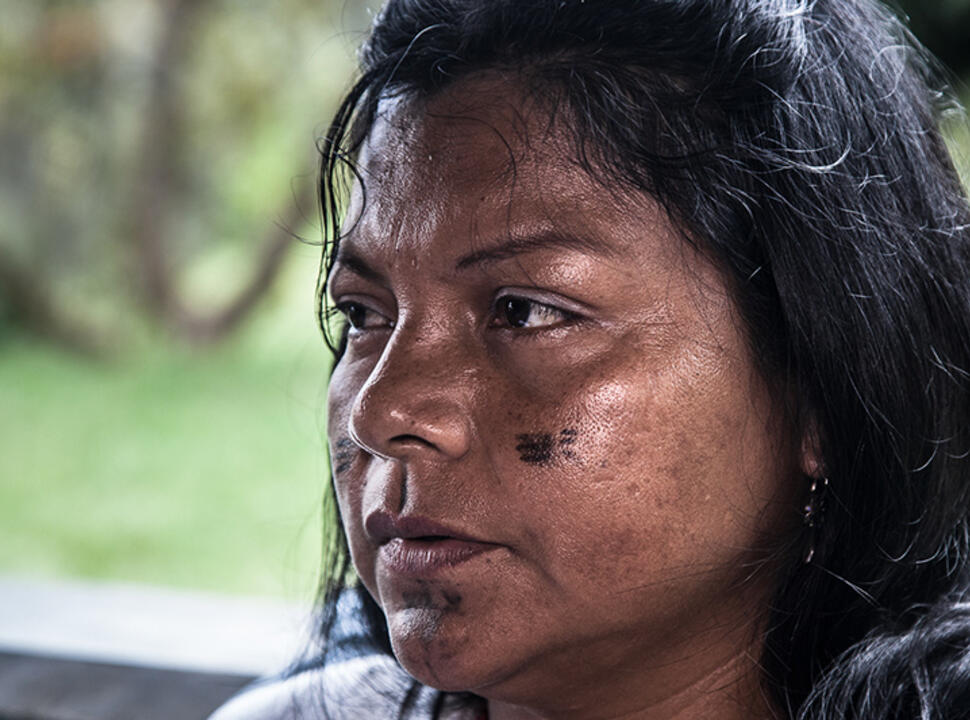
“Girls should grow up as they were brought into this world,” Ms. Cortes said. © UNFPA/Daniel Baldotto
-

In the Gambia, Aja Babung Sidibeh used to gather girls for cutting. But she has stopped, and now urges others to do the same. “If we never go out of the dark, we will never see the light,” she said. © UNFPA/Kasandi Mulaa
- Inicio
- Presentaciones de diapositivas
- Rising up against female genital mutilation
Rising up against female genital mutilation
02 Febrero 2017
